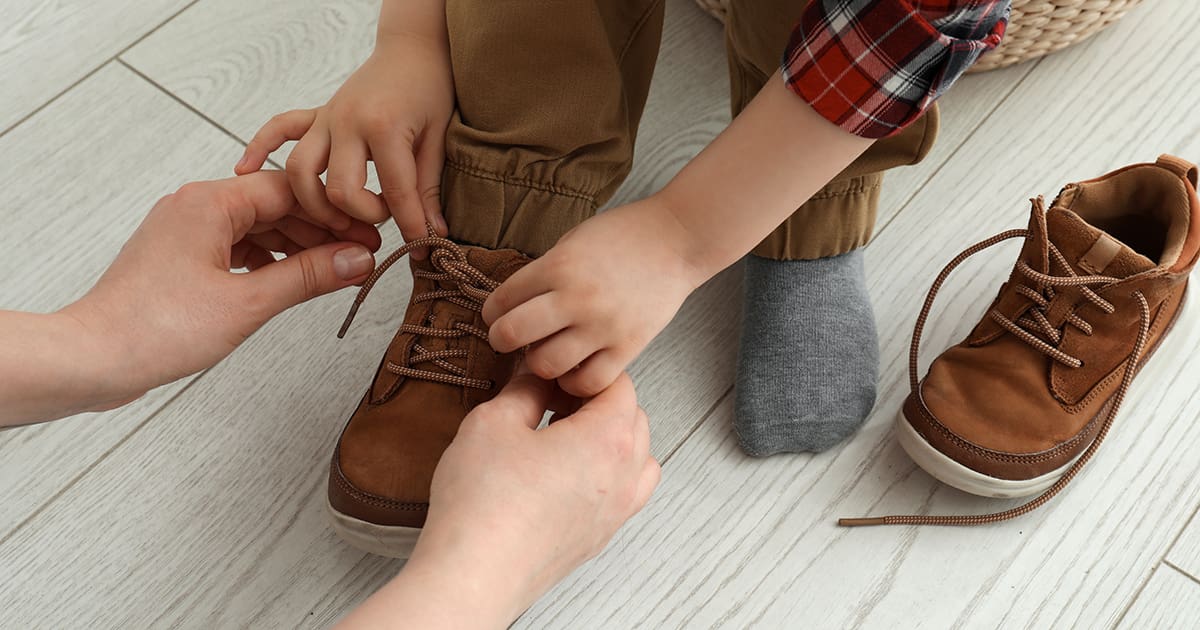Share this Post

When searching for therapy services for your child, you may come across professionals with different credentials, including Board Certified Behavior Analysts (BCBAs) and Board Certified Assistant Behavior Analysts (BCaBAs). While both play a role in Applied Behavior Analysis (ABA) therapy, their qualifications, level of expertise, and responsibilities differ significantly.
At CST Academy, we ensure that BCBAs serve as the primary providers of therapy and care for children. By placing BCBAs in a leading role, we maintain the highest level of clinical oversight and deliver individualized, research-based interventions to help each child reach their full potential.
What is a BCBA?
A BCBA is a highly trained professional with a master’s or doctoral degree in behavior analysis, education, psychology, or a related field. They are responsible for assessing behavior, designing individualized treatment plans, and implementing evidence-based interventions.
Key Responsibilities of a BCBA at CST Academy
- Conducting assessments to evaluate a child’s strengths, challenges, and developmental progress.
- Developing individualized treatment plans that address behavior management, skill development, and social-emotional growth.
- Providing direct therapy sessions and overseeing treatment implementation.
- Supervising and training Registered Behavior Technicians (RBTs) to ensure consistent, high-quality therapy.
- Collaborating with families, caregivers, and other therapists to create a well-rounded support system.
- Monitoring progress and making adjustments to treatment plans as needed.
By ensuring that BCBAs lead all therapy services, CST Academy provides comprehensive, expert-driven care tailored to each child’s unique needs.
What is a BCaBA?
A BCaBA is a trained professional in behavior analysis but holds a bachelor’s degree rather than a master’s or doctorate. BCaBAs must work under the supervision of a BCBA and cannot independently create or modify treatment plans.
Key Responsibilities of a BCaBA
- Assisting in the implementation of behavior intervention plans.
- Providing direct therapy to children under BCBA supervision.
- Collecting data to track progress and ensure treatment effectiveness.
- Supporting RBTs and helping them follow therapy plans correctly.
- Guiding families in reinforcing therapy strategies at home.
BCaBAs play a valuable role in supporting therapy, but at CST Academy, BCBAs take the lead to provide the highest level of expertise and care.
Why CST Academy Relies on BCBAs as Primary Therapy Providers
The biggest difference between a BCBA and a BCaBA is their level of education and ability to oversee therapy independently. BCBAs, with a master’s or doctoral degree, have the training to develop and implement therapy programs with full clinical autonomy. BCaBAs, with a bachelor’s degree, must always work under BCBA supervision.
Because of this, CST Academy ensures that every therapy session, assessment, and treatment plan is developed and led by a BCBA. This approach allows us to maintain the highest clinical standards, provide the most effective therapies, and ensure every child receives care from the most qualified professionals.
How CST Academy Ensures the Best Therapy for Your Child
We know that early intervention and high-quality therapy can make a profound difference in a child’s development. That’s why CST Academy prioritizes BCBAs as the primary therapy providers, ensuring that each treatment plan is:
- Designed by Experts – Developed by professionals with advanced training in ABA therapy.
- Individualized for Each Child – Tailored to meet the specific strengths and needs of each child.
- Backed by Research – Built on proven, evidence-based strategies.
- Closely Monitored – Regularly evaluated to ensure the best possible outcomes.
By using BCBAs as the foundation of our therapy services, we give children access to the highest quality care and the best chance for meaningful progress.
Choosing the Right Therapy Team for Your Child
Finding the right therapy provider is one of the most important decisions a parent can make. At CST Academy, our BCBA-led approach ensures children receive the highest level of expertise, compassionate care, and individualized treatment to support their development.
If you’re looking for a trusted therapy provider that prioritizes clinical excellence and personalized care, contact CST Academy today. Our team is ready to help guide you through the process and provide the best support for your child’s needs.
Discover Our Pediatric Therapy & Autism Care
ABA Therapy
Support for children with autism.
Diagnostic Evaluation
Expert assessments to identify child needs.
Pediatric Therapy Services
Speech, Occupational, Feeding, and Physical Therapy.
Therapeutic Preschool & Kindergarten
A classroom environment designed for early learners with unique needs.

Find the Best Care for Your Child




